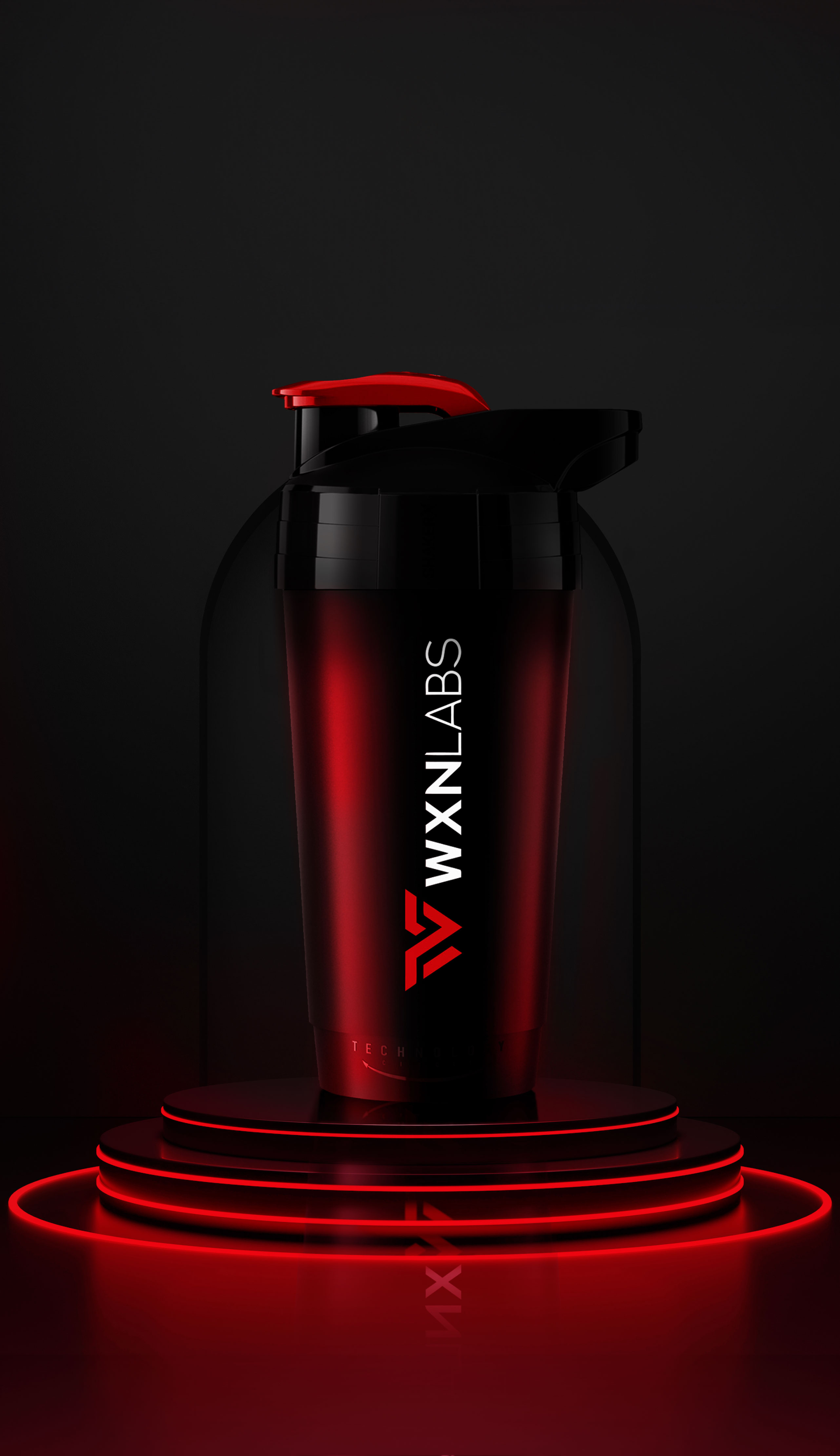Spis treści:
Lactose-free, gluten-free, sugar-free, vegetarian, vegan, keto diets – these are types of diets that eliminate certain ingredients.
The choice of specific diets may be due to food allergies, ethical, taste or health reasons, or simply to consciously give up specific products or groups of products for better well-being or to achieve weight loss.
Restricting certain ingredients of natural origin can be associated with deficiencies.
In the case of a vegan diet, it is very common to talk about a deficiency in dietary protein – an incredibly important nutrient necessary for the development of the body.
Does actually limiting meat and dairy products in the daily menu deprive the body of protein?
And if so, what ways can they be supplemented?
Natural sources of plant protein
Proteins consist of essential and endogenous amino acids, which are crucial for the body and its proper functioning.
Both plant-derived and animal-derived proteins have amino acids, although the amount may differ in specific products.
However, in the right configuration, they form a fully valuable portion of protein.
Although awareness of the subject is constantly growing, it is often believed that a vegan diet is deficient in complete protein.
Yes, this can be the case if those following a vegan diet do not provide the right products that have plant-based protein.
However, there are many products that can successfully provide the daily portion of protein necessary for the body.
These include:
-soczewica,
-chia seeds,
-soy,
-spinach
-yeast flakes,
-rice quinoa,
-avocado.
Protein supplementation in a vegan diet
The vegan diet is plant-based and completely rejects meat and animal products, so vegans successfully compose meals from fresh vegetables and herbs, grains, legumes and starchy plants, nuts and vegetable fats, and fruits.
The variety of products and possible types of meals means that sometimes it is not possible to incorporate as many high-protein products as needed in the diet.
It is then worthwhile to introduce protein supplementation through nutrients based on plant-based ingredients, which in a small dose will provide everything necessary to maintain a proper balance of micro and macroelements.
A major advantage of protein nutrients is the composition of the right amino acids in a single product from different sources.
Using a protein nutrient of the vegan variety, you can provide the right amount of protein in the form of a tasty, wholesome shake.
It can serve as a substitute for one meal.
Plant-based protein nutrition – is it only for vegans?
Although protein supplements of the plant-based variety were created for people following dietary restrictions that eliminate meat, they can be used by anyone.
If, for various reasons, you are temporarily limiting your intake of meat and other protein-rich zoonotic products, but need a higher dose of protein in your diet on a daily basis, the vegan variety can work well.
Vegan protein will also be suitable for anyone struggling with lactose intolerance.
As awareness of healthy eating has increased, the food market has also evolved.
As a result, it has become easier and easier to put together wholesome meals, including for restrictive diets, and in case of deficiencies, to supplement the necessary ingredients in meals.









